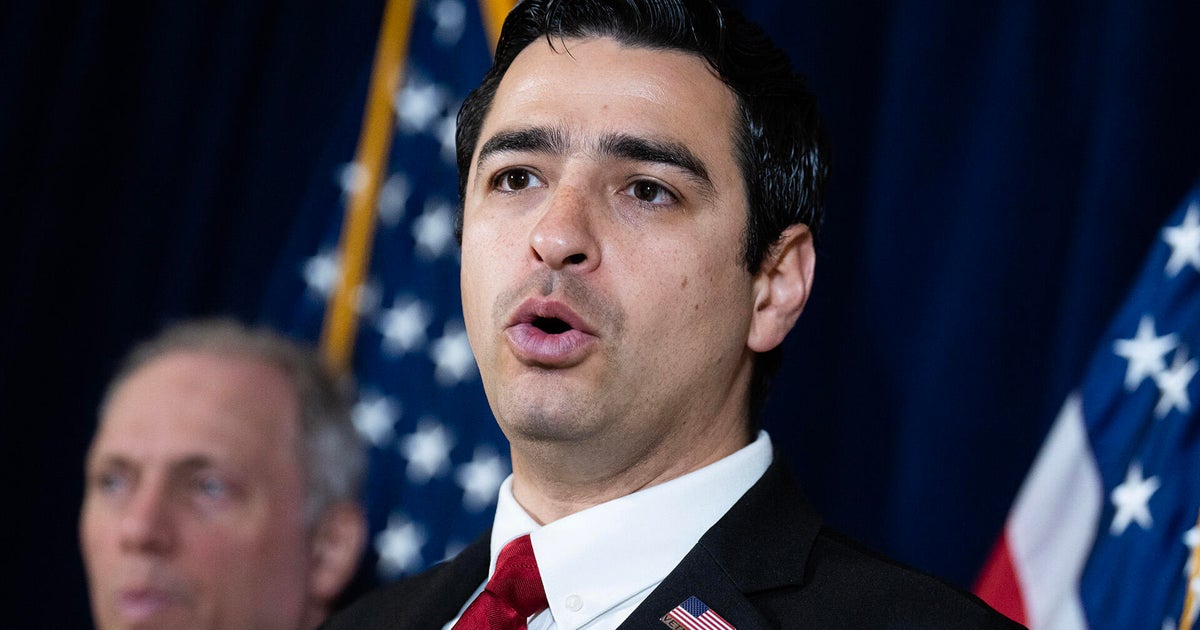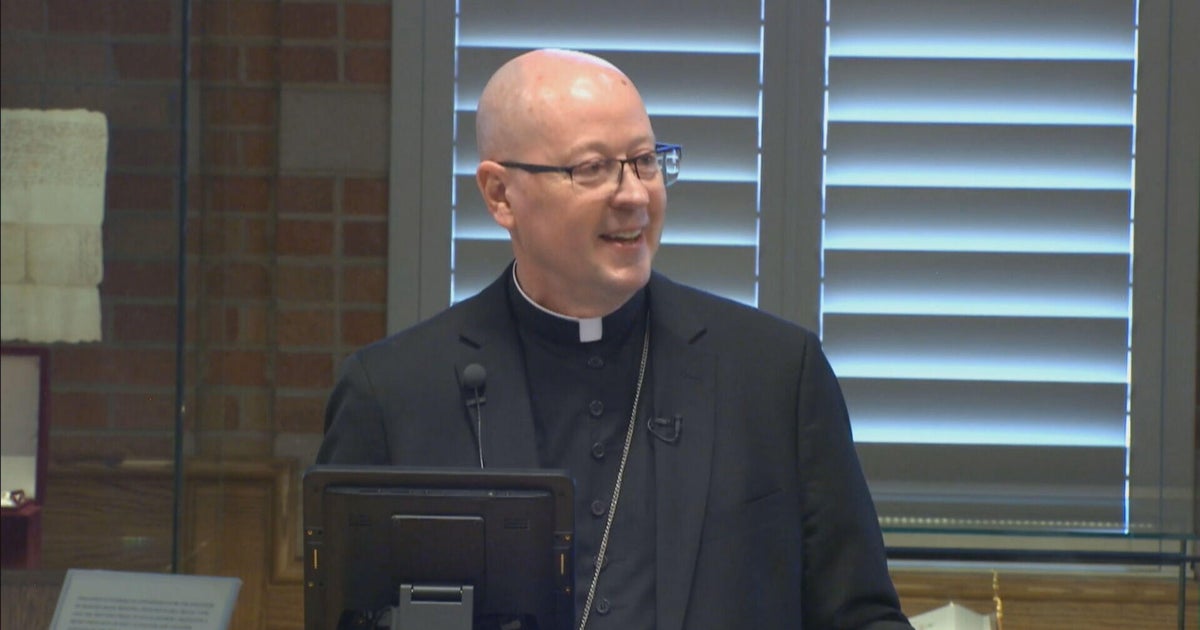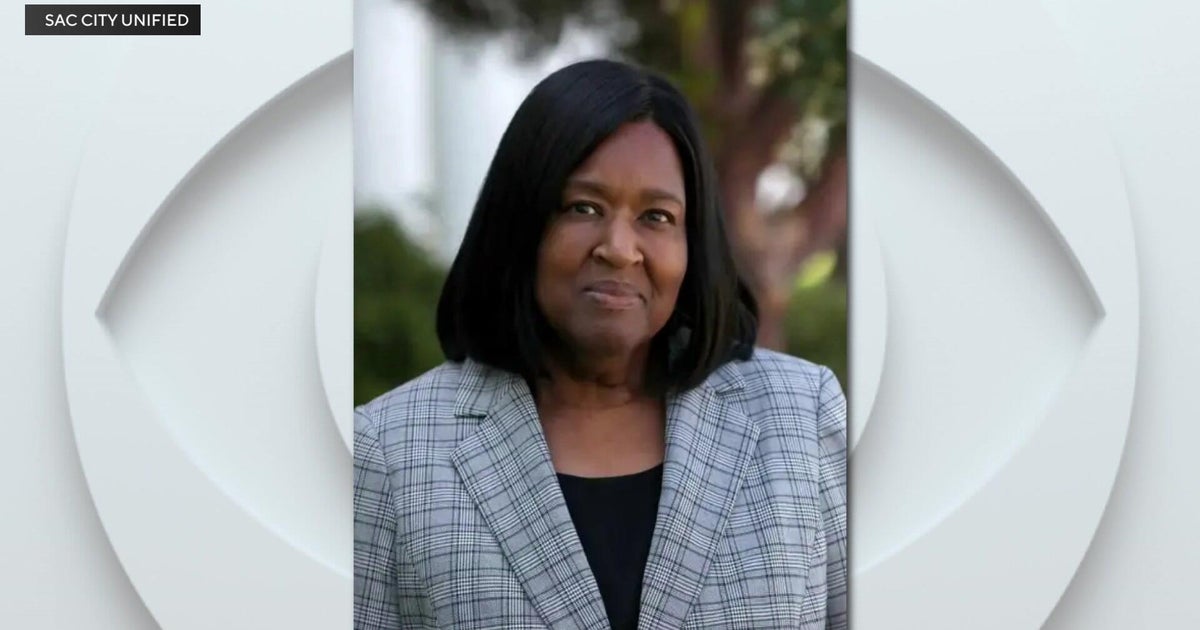Rep. Bachmann: Always Rising, Never Compromising
ST. PAUL, Minn. (AP) -- Michele Bachmann was a self-styled "education researcher" making a run for a Minnesota school board seat in 1999 when the question came up at a candidate forum: If elected, would she serve all four years?
Maybe not, she said.
Bachmann, now a three-term congresswoman and tea party favorite who may run for president in 2012, opened up about a confrontation she'd had with a state senator over Minnesota's new school standards.
"I told him that if he's not willing to be more responsive to the citizens, that I may have to run for his seat or find someone else who would do so," she said, according to a newspaper account of the meeting.
Bachmann lost the school board race, but then knocked off the senator, a fellow Republican, just months later using the standards as her primary issue.
It was an early indicator of a recurring theme: Bachmann often wins by losing.
She stands ready to shake up the GOP race either by running herself, with a decision expected by June, or influencing those who do get in.
The race would test her resilience because she would start far back. But as a little-known House member only a few years ago, Bachmann became hero of the conservative tea party movement in part by fighting losing battles with the GOP establishment. Her path to Congress was paved by failed efforts to pass a ban on gay marriage in the Minnesota Legislature.
"She is very good at turning lemons into lemonade all the time," said Sal Russo, a California political consultant who came to know Bachmann through the tea party.
Some Republicans fret about her propensity to freelance and question whether she'd appeal to a broad voter base. Democrats who have opposed her warn that she's politically adept and not to be taken lightly.
"If you go attend a town meeting, she's normal, she's articulate, she's a mother, she's thoughtful. She can play the part," said Ted Thompson, a Democrat defeated by Bachmann in a state legislative race.
From her first involvement in politics, the 55-year-old Bachmann has shown a determination to keep pressing forward and find opportunities, even when the way seemed blocked.
In the late 1990s, Bachmann was a stay-at-home mother of five in Stillwater, a scenic St. Croix River town east of St. Paul. Then she was drawn into a revolt over education standards.
Bachmann and her husband, Marcus, were members of a theologically conservative Lutheran denomination, the Wisconsin Evangelical Lutheran Synod. She was trained as a lawyer at the faith-driven Oral Roberts University. She had strong views about traditional education, and the state standards emphasized student projects over lectures and book work.
She became an organizer of the opposition. She invited concerned parents to a banquet hall where she described the standards as a government plan to teach students attitudes, values and beliefs.
Bachmann and four others eventually formed a slate to make a run at control of the board. The race roiled the community, with some alleging a "coup attempt" and others cheering on the "Boston Tea Party"-style uprising.
None of the newcomers prevailed. But Bill Dierberger, who ran alongside Bachmann, didn't find her "overly discouraged" by the defeat.
"She got right back up in the saddle and said, 'I'm going to fight"' the education standards, he recalled.
Early on, Bachmann showed potential as an articulate and magnetic speaker, said Bill Pulkrabek, a Republican leader who helped assemble the school board slate.
"People had been predicting her demise since Day One: `Oh, she's a radical, she's too far right, she's too outspoken, she's too inflammatory,"' Pulkrabek said. "The fact of the matter is, with the exception of the first race, she wins."
Parlaying her school board defeat into a victorious legislative campaign, she moved to the state Senate and seized on a new issue.
Around Thanksgiving 2003, justices in Massachusetts ruled the commonwealth couldn't prevent same-sex marriage. Bachmann hit the phones, reaching out to fellow conservatives about making sure gay marriage would stay illegal in Minnesota.
Tom Prichard, president of the Minnesota Family Council, was among those summoned by Bachmann to the Capitol just days later to begin pushing for a state constitutional amendment clearly stating that marriage can only be between a man and a woman.
"She threw herself into the issue," Prichard said. "The activist in her came out."
Jeff Davis heard her public appeal through his car radio. Not politically involved at the time, Davis came to the Capitol and pledged to help Bachmann. The technology company worker formed what would become a well-financed group running ads aimed at getting Bachmann's measure on the ballot.
"She's an energizer. She influences people around her," Davis said. The drive instantly elevated Bachmann's political profile, he said. "It was a launch point."
Bachmann didn't waver even when her lesbian stepsister went public with her feelings that Bachmann's effort was "hurtful to me and so many others." Although the measure foundered, Bachmann could draw on her enhanced standing with social conservatives to shoot past more seasoned Republicans when a seat in Congress opened ahead of the 2006 election.
Bachmann's victory in that race brought her to the national stage and prompted a new focus on fiscal issues. She harnessed the outrage of the tea party, a fledgling political force inflamed by debates over government bailouts and a far-reaching health law pursued by President Barack Obama.
Her outspoken opposition did not stop the health law, but it got her much more television exposure and helped make her a face of the new resistance. In one Fox News interview, Bachmann urged viewers to flood Washington and "go up and down through the halls, find members of Congress, look at the whites of their eyes and say, `Don't take away my health care."'
Amy Kremer remembers seeing Bachmann's television plea while on a Tea Party Express bus heading between rallies in Washington state. The next week, Kremer joined Bachmann in the nation's capital for a big tea party protest.
"You can tell the ones who have the passion, the fire in the belly and are truly speaking from the heart. She's one of those," Kremer said. "That comes through."
In January, Bachmann delivered a tea party response to Obama's State of the Union address. In some quarters, the speech was seen as an affront to the official GOP response given by Wisconsin Rep. Paul Ryan, the House Budget Committee chairman. Bachmann unsuccessfully campaigned for a spot in leadership in the weeks after the GOP won back control of the House.
Bachmann shrugged off the defeat in a recent Associated Press interview. "That's life isn't it? Sometime life takes interesting turns," she said, while adding, "I think from a governing point of view, I think for my political party it would be very good to have that view represented at the table."
(© Copyright 2011 The Associated Press. All Rights Reserved. This material may not be published, broadcast, rewritten or redistributed.)







